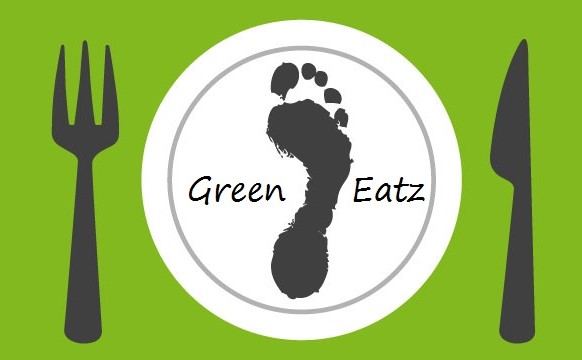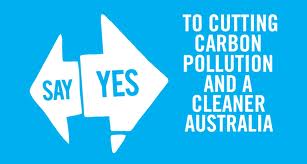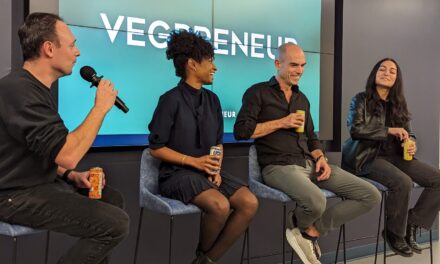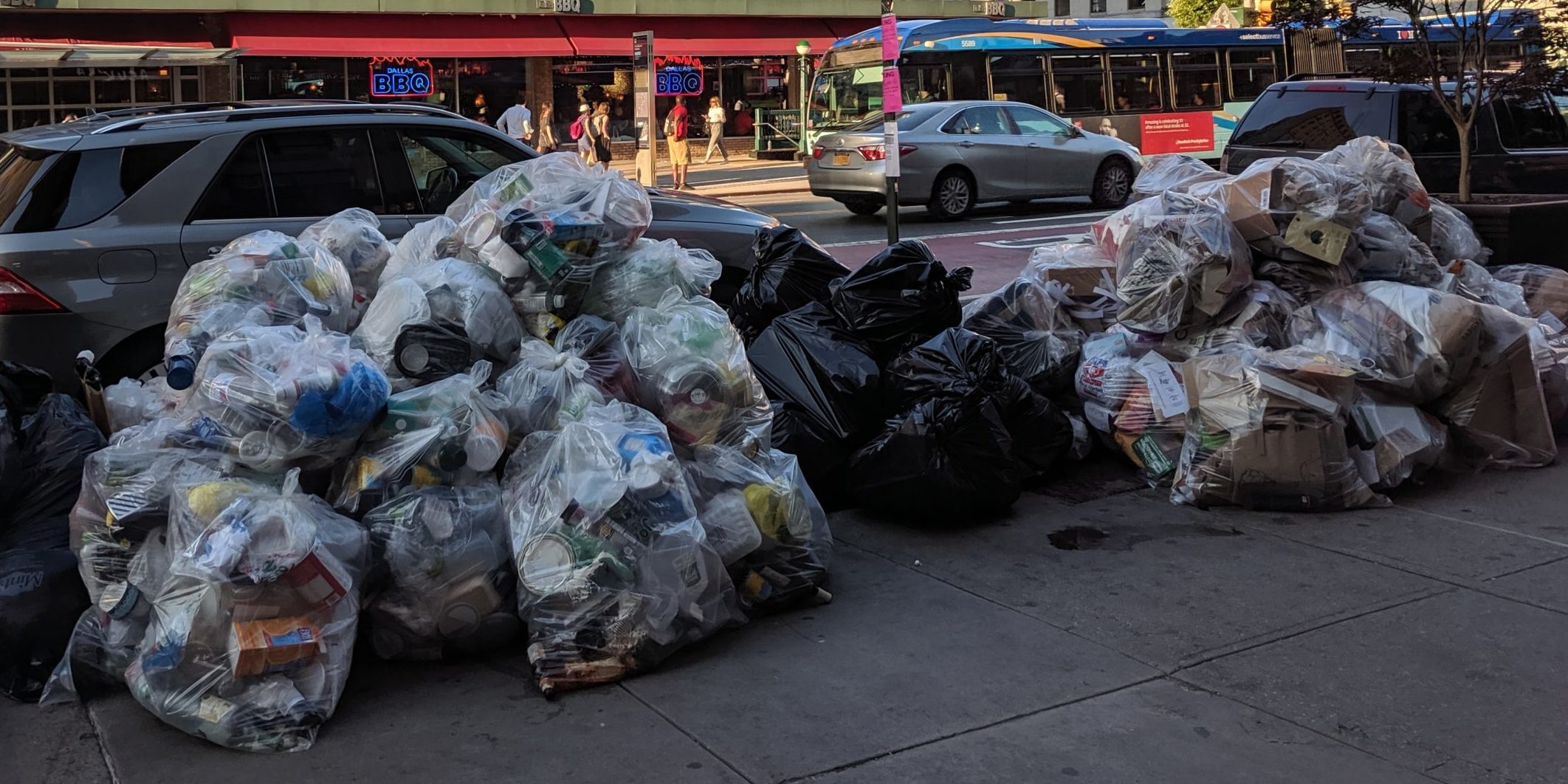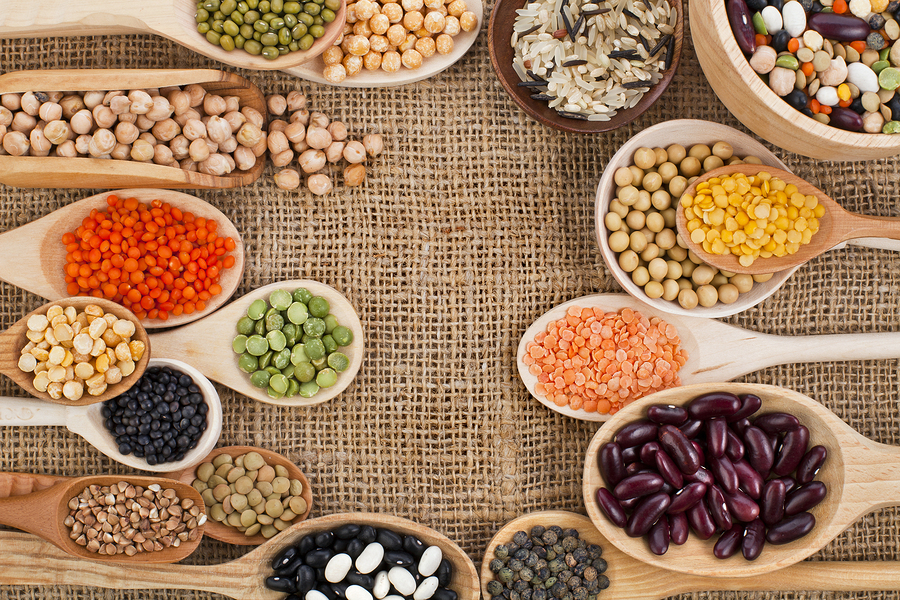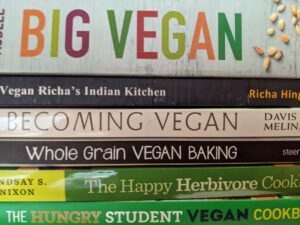Greta Thunberg has just published her latest book, The Climate Book, a collection of essays from 100 climate crisis experts. In a conversation hosted by Guardian Live, Greta discussed its relevance with Naomi Klein, Professor of Climate Justice at University of British Columbia. Three of the contributors also joined the event, bringing their perspective on different aspects of the fight for climate and social justice.
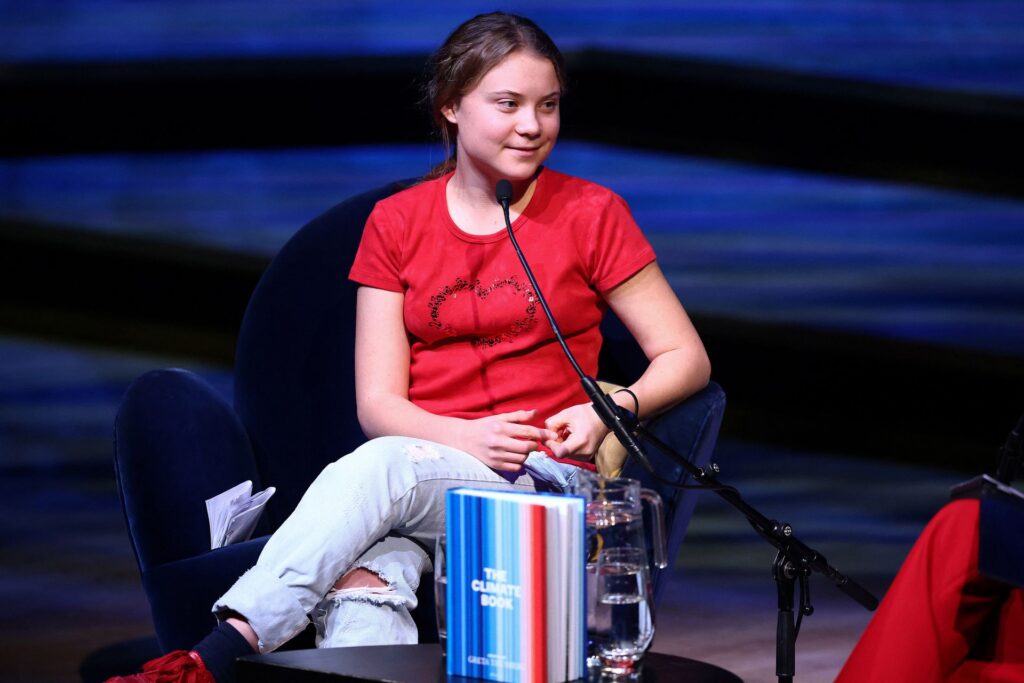
Greta talked humbly of her surprise at the impact she has made following her School Strikes movement from 2018 onwards. She believes that she has a moral duty to use every opportunity to share the facts on climate change. This climate activist has decided to bypass the politicians with their ‘blah blah blah’ and speak directly to the public. Greta loves the Swedish concept of utbildning, which means raising awareness through education.
Greta Thunberg: People Power
Greta believes that people showing resistance will build up pressure for societal change. She knows that the climate crisis is having direct impacts on many right now but there is still a lack of knowledge. Even so, she does think that we might be reaching the social tipping point, where climate action is normal and climate denialism is the exception.
The Climate Book offers facts, solutions, and examples of successful actions. Greta sees it as a follow-on to the flyers she handed out on climate crisis facts in her school strike days. This time, she draws on the expertise of over 100 authors in fields as diverse as meteorology, economics, and tribal knowledge.
Naomi Klein asked her why she chose not to attend COP27. Instead, Greta joined the family of Egyptian activist Alaa Abd el-Fattah to protest his detention outside the UK Foreign Office. Greta spoke of the importance of freedom to speak out in a democratic society – and the importance of supporting those who do not have that right.
Three of the writer’s shared their views on the climate crisis in a panel hosted by The Guardian’s Damian Carrington:
Saleem Huq: COP27 Loss and Damage
As the Director of the International Centre for Climate Change and Development, Saleemul Haq has the unique record of having attended all 27 of the COPs. At COP27, he feels that a watershed moment occurred as the powerful Global North signed up to the historic Loss and Damage agreement. At last, he said, there is an acceptance that developed countries are largely responsible for greenhouse gas emissions and that they must compensate the most-impacted poorer nations. He feels that Pakistan stepped up as champions of the cause, following the horrific floods in their country.
Kate Raworth: Doughnut Economics
Kate is an economics professor at the University of Oxford with a radical viewpoint. She believes we are embedded in consumerism to the benefit of very few, very rich people. She traces this back to the nephew of Sigmund Freud, Edward Bernays, who used his uncle’s theories to create ‘retail therapy’. Her own theory of doughnut economics strips out the goal of endless economic growth. Instead, she proposes a society where all the needs of people are met without overshooting our planetary boundaries. She published her own book Doughnut Economics: Seven Ways to Think Like a 21st-Century Economist back in 2017 but is now finding that city and country leaders are seeking her out to put her theory into practice.
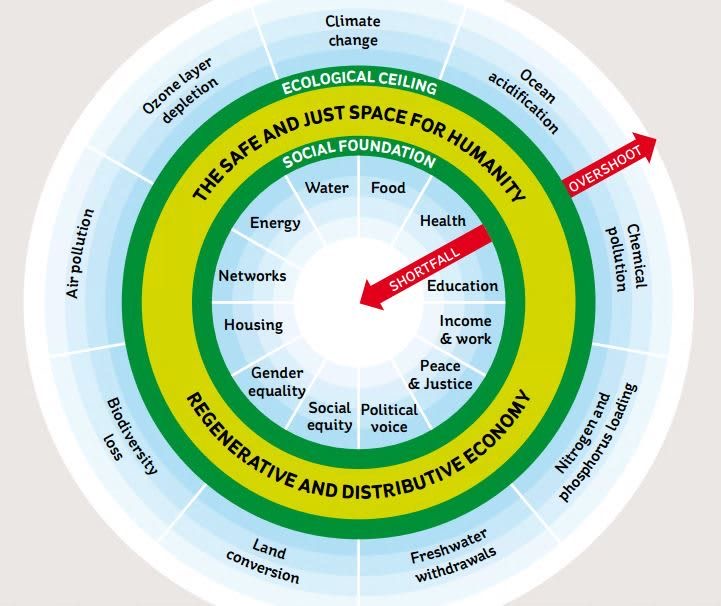
Ayisha Siddiqa: Climate Justice
As a Pakistani native, Ayisha understands developing countries have a history of exploitation by the Global North. She also learned that her tribe considers nature to be part of the family – and that it should likewise be respected and nurtured. Her own journey of climate activism from a young age, just like Greta, has proved frustrating at times. Moreover, she feels that she has lost part of her youth. Even so, she believes that the young are closer to nature and have a deep understanding of how much is at stake for the world.
To end, Greta quoted from her book ‘We are alive at the most decisive time in the history of humanity. Together, we can do the seemingly impossible. But it has to be us, and it has to be now.’
Check out How You Can Fight Climate Change for ideas on making a personal impact to the climate crisis.
